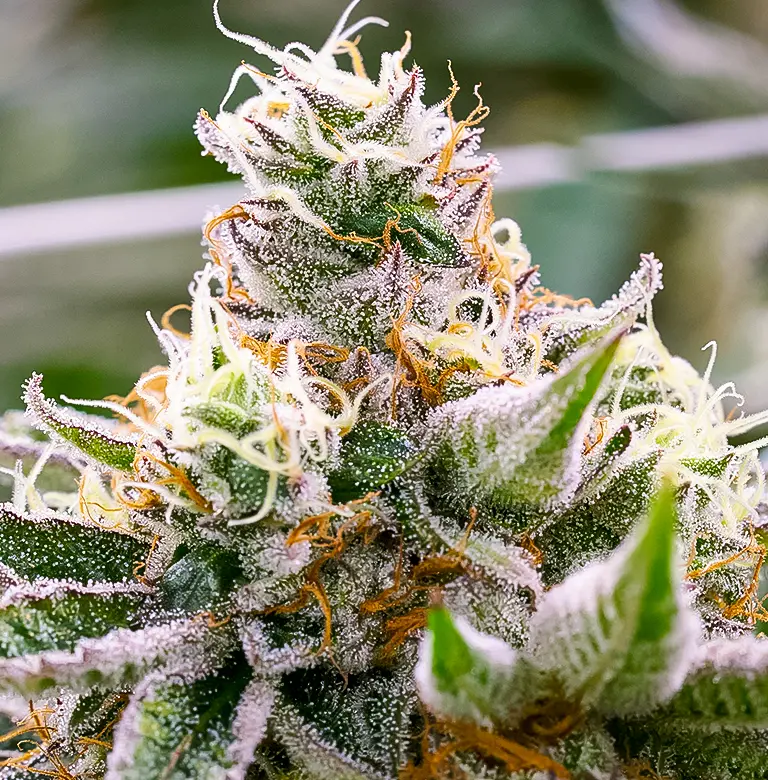Visit a Trusted Medical Cannabis Clinic for Specialist Support
Visit a Trusted Medical Cannabis Clinic for Specialist Support
Blog Article
The Healing Power of Medical Marijuana: a Deep Dive Into Its Possible to Deal With Various Conditions
In current years, the discussion around the therapeutic potential of medical cannabis has actually gained significant traction within the medical area. The advancing landscape of clinical marijuana presents a complex tapestry of possible benefits that warrant a closer assessment, shedding light on a world of therapy opportunities that continue to intrigue experts and clients alike.
Therapeutic Benefits of Medical Cannabis
In the world of modern medication, the healing benefits of clinical marijuana have become an encouraging method for dealing with different health and wellness conditions. The energetic substances in marijuana, understood as cannabinoids, connect with the body's endocannabinoid system to generate a variety of effects that can be helpful for people. Among one of the most popular cannabinoids is cannabidiol (CBD), which has actually gotten attention for its potential anti-inflammatory, analgesic, and anxiolytic buildings without the psychedelic results typically connected with tetrahydrocannabinol (THC)
Medical marijuana has actually revealed specific promise in reducing persistent pain, spasticity linked with numerous sclerosis, queasiness and throwing up in chemotherapy clients, and signs and symptoms of specific neurological problems like epilepsy. Research is additionally exploring its possibility in handling psychological health and wellness conditions such as anxiety, depression, and post-traumatic anxiety problem. Additionally, clinical cannabis is being examined for its anti-inflammatory residential properties, which can have implications for conditions like joint inflammation and inflammatory bowel illness.
Alleviating Chronic Pain With Cannabis
Having actually demonstrated efficacy in dealing with a spectrum of wellness conditions, clinical cannabis significantly beams in its capacity to give alleviation for individuals coming to grips with chronic pain. Persistent pain, defined by its persistence and debilitating nature, influences millions worldwide, often dramatically affecting high quality of life. Standard discomfort monitoring techniques, such as opioids, might come with adverse negative effects and the risk of dependence, driving several individuals to seek alternative solutions.
Clinical marijuana has arised as an appealing choice for persistent discomfort management due to its analgesic homes. Studies have shown that clinical cannabis can properly reduce persistent pain associated with problems like arthritis, fibromyalgia, numerous sclerosis, and neuropathy.

Taking Care Of Anxiousness and Stress And Anxiety
Medical cannabis provides a sensible alternative for people looking for alleviation from anxiousness and stress due to its possible soothing effects on the body and mind. By possibly impacting the release of natural chemicals and modulating stress and anxiety response, clinical marijuana shows guarantee in offering a natural option for taking care of these problems.
Additionally, unlike conventional anti-anxiety medicines that might come with undesirable negative effects or danger of reliance, clinical marijuana offers a potentially more secure option for people looking to relieve anxiety and anxiety. However, it is important for individuals taking into consideration clinical cannabis for these objectives to talk to a medical care service provider educated concerning clinical marijuana to make certain safe and efficient use.
Cannabis for Neurological Problems
Research has actually revealed encouraging capacity in using marijuana for taking care of neurological problems. Neurological problems incorporate a variety of problems impacting the mind, spine cable, and nerves, such as epilepsy, several sclerosis, Parkinson's disease, and Alzheimer's disease. Cannabis, with its energetic substances like THC and CBD, has demonstrated neuroprotective, anti-inflammatory, and antioxidant residential properties that might profit people with these conditions.

While even more medical tests are needed to completely recognize the effectiveness and security of marijuana for neurological conditions, first findings are encouraging and warrant additional examination right into the healing potential of this plant for boosting the lives of those affected by such conditions. - Medical Marijuana Card Near me
Potential of Cannabis in Cancer Cells Treatment
The broadening perspective of clinical cannabis applications includes the possibility of leveraging its residential or commercial properties in cancer therapy, supplying a new opportunity of exploration in utilizing the restorative benefits of this plant for attending to complicated health obstacles. Marijuana reveals pledge in cancer cells treatment because of its possible to ease signs and symptoms connected to the condition and its therapy, such as pain, nausea or vomiting, and loss of cravings. Furthermore, cannabinoids, the energetic compounds in marijuana, have actually shown anti-tumor effects in preclinical researches, showing their capacity in preventing the development of cancer cells.
In addition, marijuana might help in handling the negative effects of traditional cancer treatments like radiation treatment, possibly improving patients' quality of life during therapy. While more research study is needed to completely recognize the devices behind marijuana's prospective anti-cancer homes and its efficacy in various sorts of cancers, the initial findings recommend that medical marijuana might play a valuable function in the future of cancer cells therapy. As the exploration of cannabis in oncology proceeds, it holds pledge as a complementary strategy to traditional cancer cells therapies, offering people a well-tolerated and potentially effective alternative in their therapy programs.
Final Thought
To conclude, medical cannabis has revealed appealing potential in dealing with a range of disorders, consisting of persistent discomfort, anxiousness, stress, neurological problems, and cancer. Its restorative benefits have been increasingly identified by the clinical neighborhood, with recurring study highlighting its efficiency in managing these problems. As even more research studies are carried out, medical cannabis might end up being a beneficial treatment choice for individuals struggling with these incapacitating ailments.
In current years, the discussion around the restorative capacity of clinical marijuana has actually gained considerable grip within the clinical community. The developing landscape of medical marijuana offers an intricate tapestry of prospective advantages that require a closer examination, shedding light on a realm of therapy possibilities that proceed to intrigue experts and people alike.

Report this page